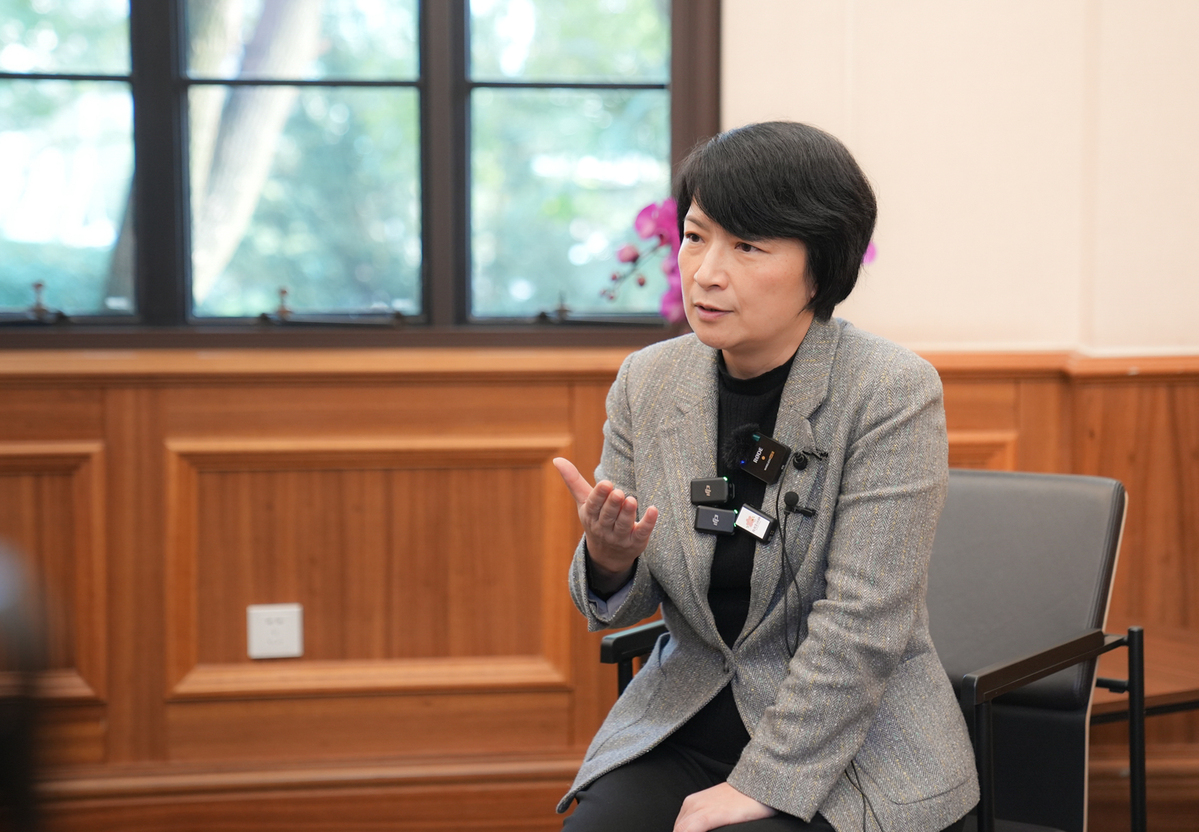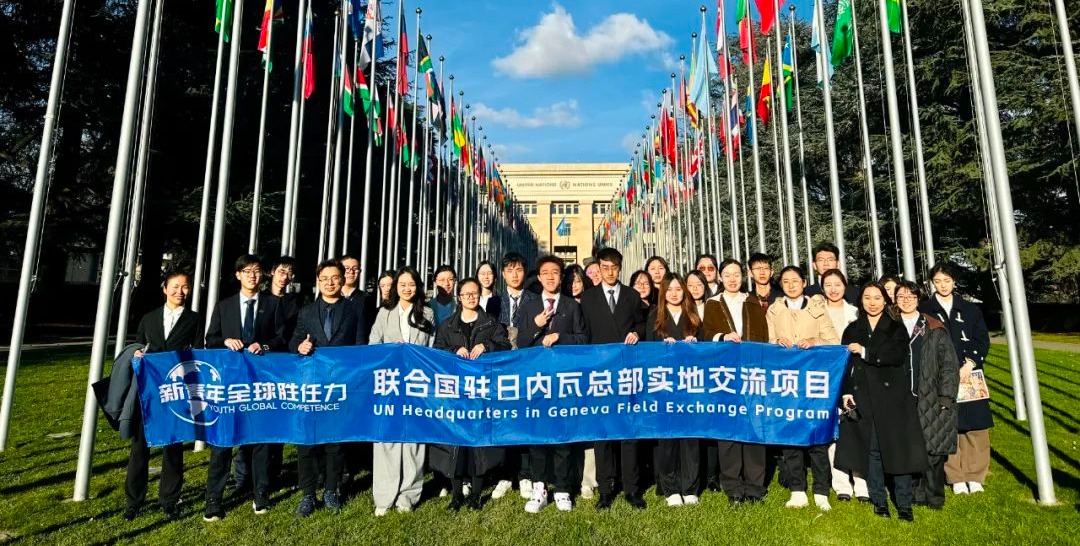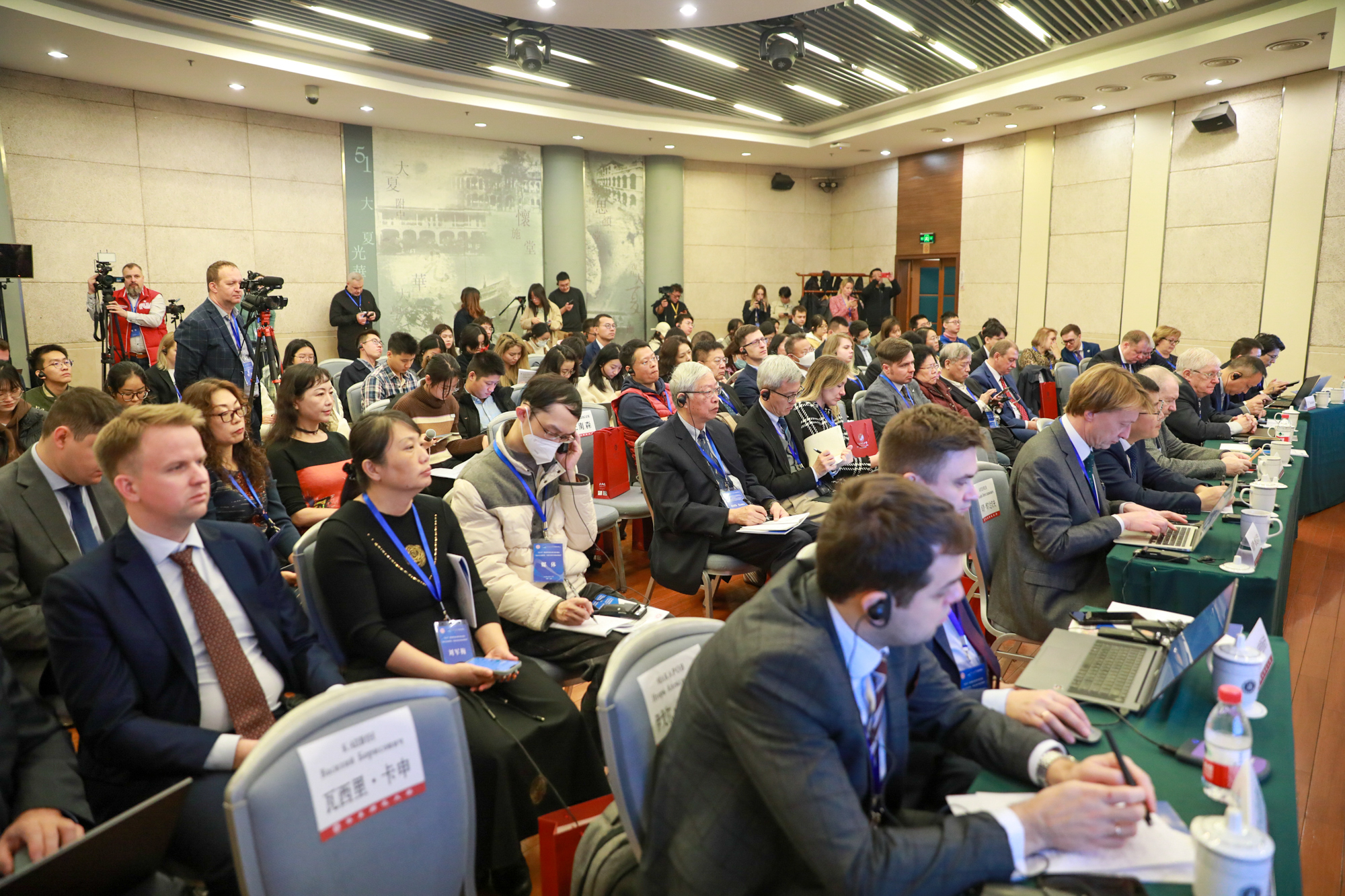# Hot Search #
Topological chirality refers to the property of molecules that cannot be continuously deformed into their mirror images in three-dimensional space. It is a research field involving multiple disciplines, including mathematics, physics, chemistry, biology, and materials science. This field has become the forefront of international research. Compared to the extensively studied classical Euclidean chirality, the exploration of properties and applications of topologically chiral molecules is still in its early stage.
Prof. Hai-Bo Yang and his team from the School of Chemistry and Molecular Engineering of ECNU have made significant progress in the interdisciplinary fields of topological chirality and spintronics, in collaboration with Prof. Chun-Gang Duan's team from the School of Physics and Electronic Science of ECNU; Researcher Yutao Sang from Fudan University; Prof. Ron Naaman from the Weizmann Institute of Science in Israel; and Prof. Jonas Fransson from Uppsala University in Sweden. For the first time, they have discovered topologically chiral molecular trefoil knots exhibiting both high spinfiltering capability and high conductivity. These research findings entitled “Highly conductive topologically chiral molecular knots as efficient spin filters” have been published in the Journal of the American Chemical Society (J. Am. Chem. Soc. 2023, 145, 26791), a prestigious international chemistry journal. The paper was also selected as the cover article.

Link: https://pubs.acs.org/doi/10.1021/jacs.3c08966
Through their findings, scholars from ECNU haveapplied topological chirality to the study of spin-selective electron transport for the first time. The international research team discovered that topologically chiral molecular trefoil knots exhibit high spinfiltering efficiency, high conductivity, and high thermal stability. These findings have provided a crucial direction for the development of efficient and stable organic spinfiltering materials and the construction of room-temperature spintronics devices.
The paper’s first author is Danyang Zhang, a doctoral student from the School of Chemistry and Molecular Engineering, ECNU, and the first corresponding institute is ECNU. This work has received supports from the ECNU “Flower of Happiness” Project , the major research plan “Precise Construction of Multilevel Chiral Substances” of the National Natural Science Foundation of China, and the Shanghai Center for Brain-Inspired Intelligence Materials and Devices, among others.
Copy editor:Philip Nash
Editor: Wicky Xu

















